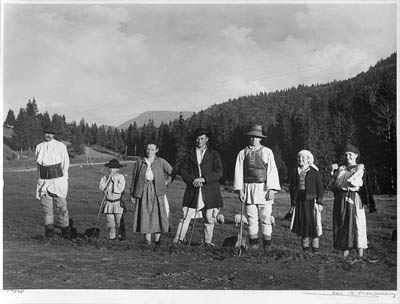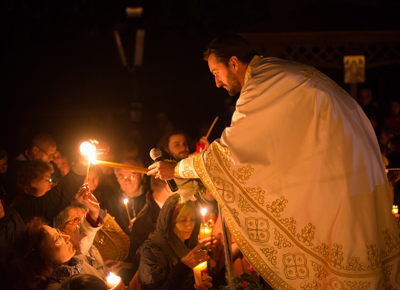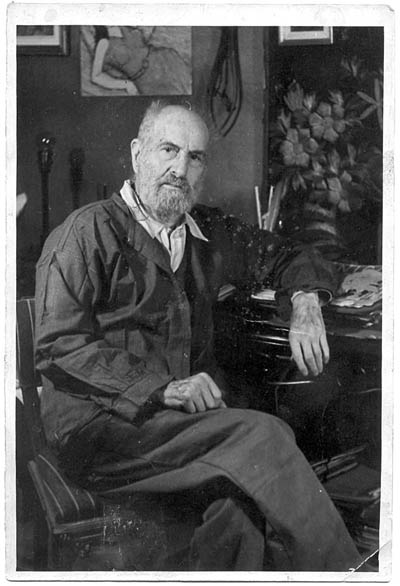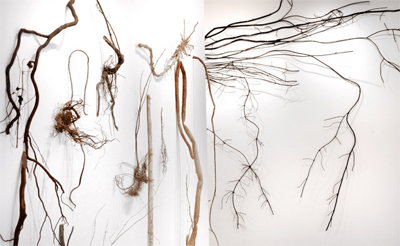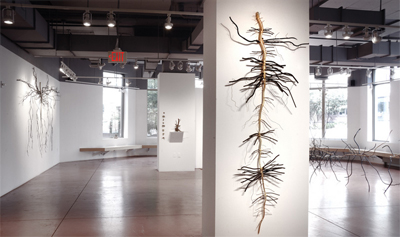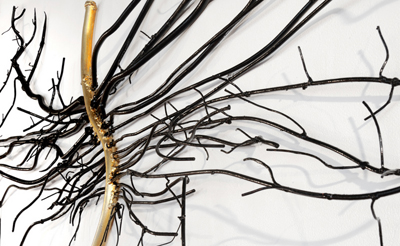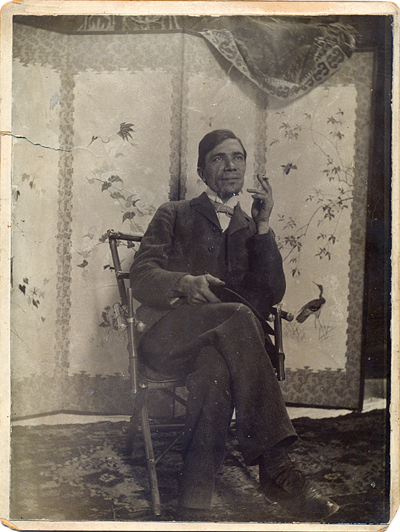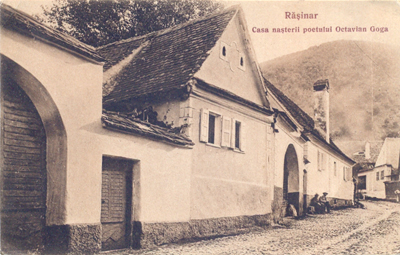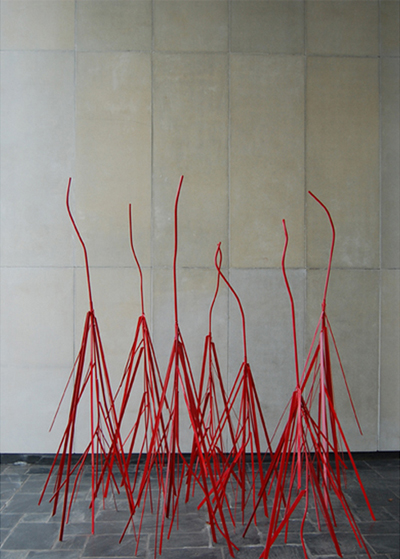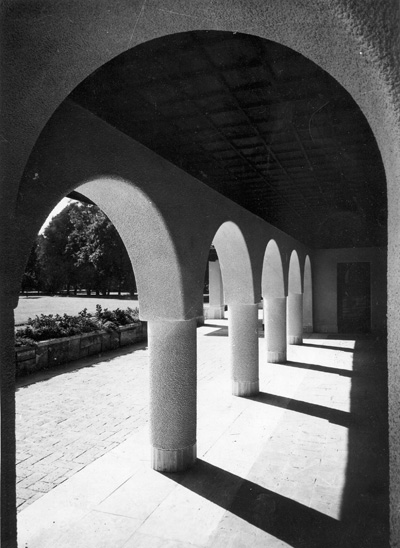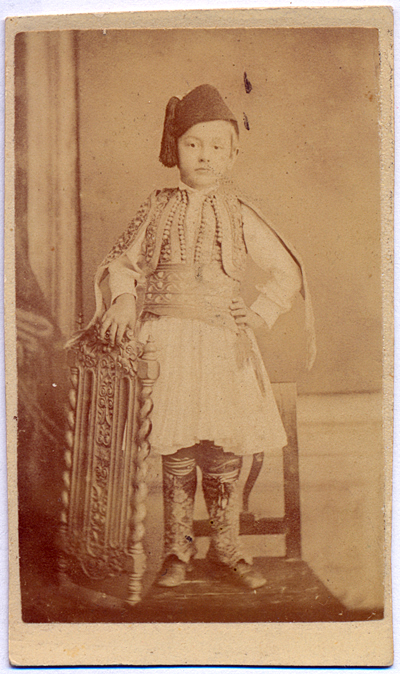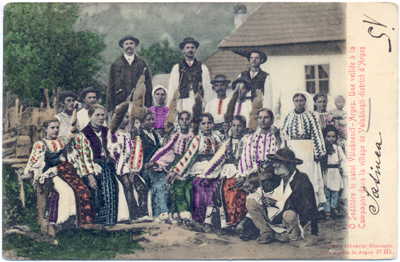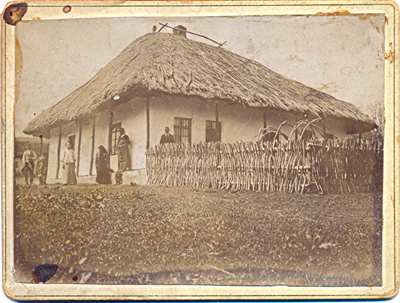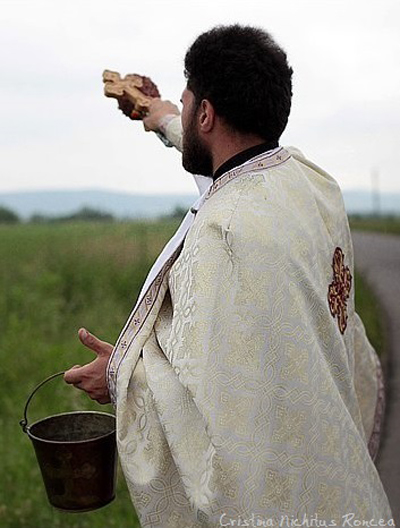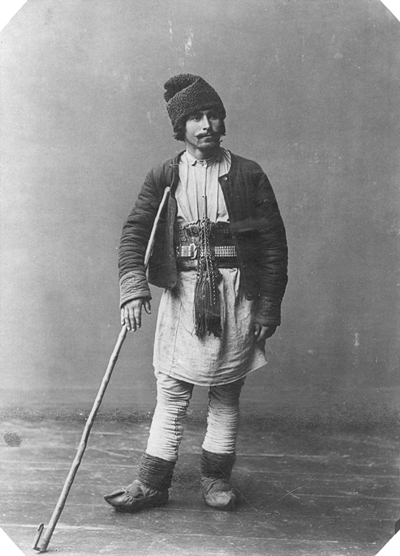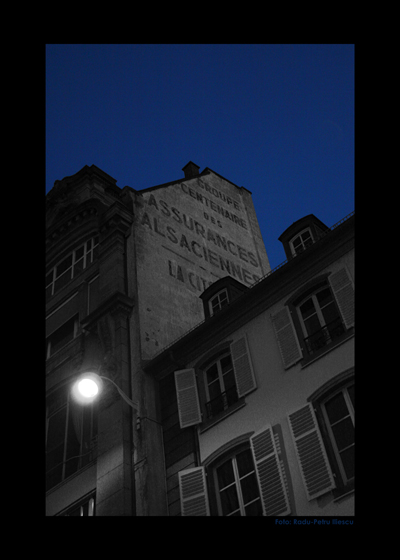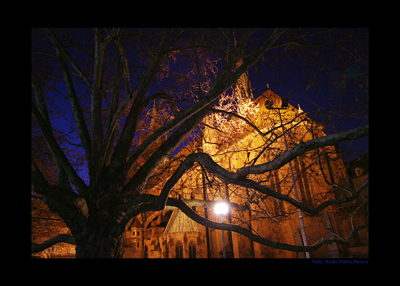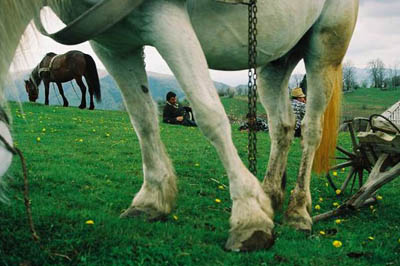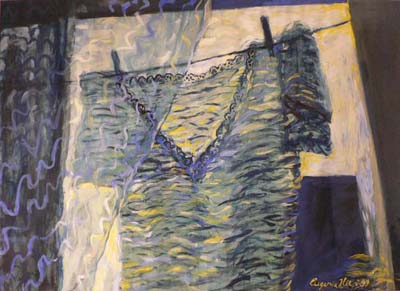Erdogan’s Coup
joi 21 iul. 2016The failure of the uprising against him will allow
him to make the country more Islamic and more
repressive.
Edward N. Luttwak
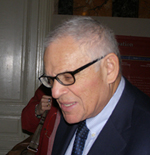
The coup against Turkish President Recep Tayyip Erdogan failed because it was a coup. The previous military takeover, of Sept. 12, 1980, was immediately and totally successful because it was executed by the armed forces as whole, under the chain of command headed by the Chief of the General Staff Gen. Kenan Evren. The technical term for that sort of takeover is pronunciamento, Spanish for declaration. With all the armed forces acting as one, it is enough to declare that power has been seized to actually have it.
But what happened in Turkey was a real coup d’etat—“a strike at the state” in which a band of plotters in or out of uniform enrolls the commanders of some fast-moving combat units to seize key places and key people—the palace, main army headquarters, airports, television news studios—to then issue their announcement (“we did it to save the country,” etc.), counting on the rest of the armed forces to join in with them. For that to happen, it is essential that the leader to be overthrown is captured or killed right at the start, for otherwise, he can rally his supporters, who most likely greatly outnumber the initial coup forces.
That is how the July 20, 1944, plot to overthrow the Nazi regime failed: The highly competent military planner Claus von Stauffenberg did it right by starting with a bomb that was to blow up Adolf Hitler in his field headquarters, but Hitler was sufficiently shielded by a heavy table top to survive, and his prompt broadcast called out the loyal S.S. who crushed the plot.
It was the same with Turkey’s increasingly dictatorial President Erdogan: On Friday night he was in a hotel in the resort town of Marmaris. A platoon of determined soldiers might have seized him, but instead he was left free to fly off in his aircraft, eventually landing at Istanbul airport after the local military commander made it safe for him.
From there he started broadcasting live to call out his supporters—the net majority of the least-educated, most Islamic Turks. They care nothing for the legal and democratic principles that Erdogan keeps violating, because they hero-worship him for his step-by-step imposition of Islamic law and customs—the “Arabization” of Turkey. Just last week, the Muslim call to prayer was broadcast from Istanbul’s great Church of the Holy Wisdom Aghia Sofia for the first time in 85 years—it had been converted into a mosque by conquest in 1453, but then restored as a museum in 1935, allowing its golden mosaics depicting Christian saints and other figures to be seen. Erdogan’s followers now want them covered up once more to make the building into a mosque again. The rest of the world—including the heads of government who still say they want Turkey in the European Union—pay absolutely no attention to such things, but in Turkey they decide elections.
It was the chiefs of Turkey’s armed forces who long served as the stalwart defenders of the secular state that was established by Mustafa Kemal Ataturk, founder of the Turkish republic, and a believer in the equality of women, among other un-Islamic values. But for years now the chiefs have been paralyzed by relentless outside pressure from European and U.S. military allies who simply refuse to accept the very plain fact that without military-imposed limits, majority rule in Turkey means the triumph of Islam, and the progressive loss of personal freedoms. That is why they did not order the forces they command to reinforce the coup plotters, whose scattered small units were soon overwhelmed by civilian mobs.
It is supremely ironic that the likes of President Obama and Chancellor Merkel have been supporting Erdogan in the name of democracy—and spoke up for him during the coup—in spite of his increasing violations of democratic freedoms, from the mass dismissals of policemen and prosecutors investigating his corrupt sons (born poor, Erdogan now has unexplained billions), to the arrest of journalists and editors who criticize him, and the outright seizure and closure of the country’s largest-circulation newspaper Zaman.
One wonders now if the U.S. and European governments who have supported Erdogan so far will remain unmoved by the mass arrests of military officers and public officials who had no role in the coup, but who are accused of being “Gulenist terrorists.” That refers to the religious movement headed by Fethullah Gulen, a Pennsylvania-based Turkish and Muslim leader whose many followers in Turkey and around the world have never been linked to any form of violence.
But for Erdogan’s regime the accusation is quite enough, without need of evidence: On July 16, the very morning when the coup failed, more than 2,500 judges and prosecutors deemed insufficiently loyal were abruptly dismissed as “Gulenists,” ensuring that there will be no nonsense about fair trials for the officers and officials arrested since the coup. The numbers are stunning: As of this writing, 8,777 policemen and Jandarma (military police on civil duty) have been suspended; more than 6,000 uniformed military members have been arrested, including 103 of general or admiral rank; and 30 of 81 provincial prefects have been removed from their positions, along with some 50 top civil servants.
That these arrests and suspensions have come so quickly hints that they were most likely prepared beforehand, and may well have triggered the coup when word leaked out. Those lists—and the demand for Gulen’s extradition, which will never happen—are indications of Erdogan’s true quest.
Gulen and Erodgan were close allies for years. Their quarrel dates back to 2009-2010, and those dates provide a clue: It was then that Erdogan’s policies became sharply Islamist, with a flurry of declarations against “Western values” and Israel, and the under-the-table funding of Hamas terrorists. It was also then that the corruption of Erdogan’s inner circle became evident to all, because one of them was caught smuggling gold on a huge scale. That collided with Gulen’s strenuous opposition to corruption in any form, while the Islamist extremism was diametrically opposed to Gulen’s conviction that Christians and Jews are the natural allies of peaceful Muslims in resisting secularism.
To predict what will happen next is all too easy. First, the failure of the coup and the arbitrary arrests now underway will induce many of the more talented Turks to try to emigrate, instead of remaining around in a country that is becoming increasingly Islamic and increasingly repressive. Much capital will leave with them, slowing down the country’s economy.
Second, Erdogan will pursue the war against the country’s Kurds that he very deliberately restarted last year in order to win nationalist support in that year’s second election. (His party had failed to win a majority in the first.) Because Kurds dominate Turkey’s eastern provinces that border on Kurdish-ruled territory in both Iraq and Syria, separatism and the fracturing of Turkey’s territory is the likely outcome.
Third, if there is another coup attempt, it will start with an attack on Erdogan himself instead of pointless road-blocks on bridges. All this means that he is being very successful in a way: His highest aim after all is to Arabize Turkey, which is indeed becoming more like Iraq and Syria every day.
(Articol publicat pe www.slate.com la 18 iulie 2016 – preluat cu permisiunea autorului)





